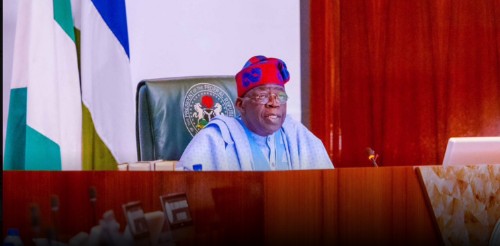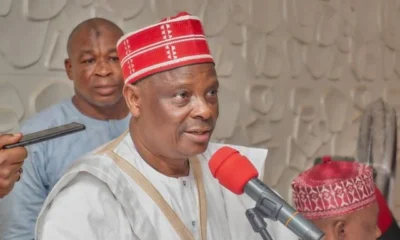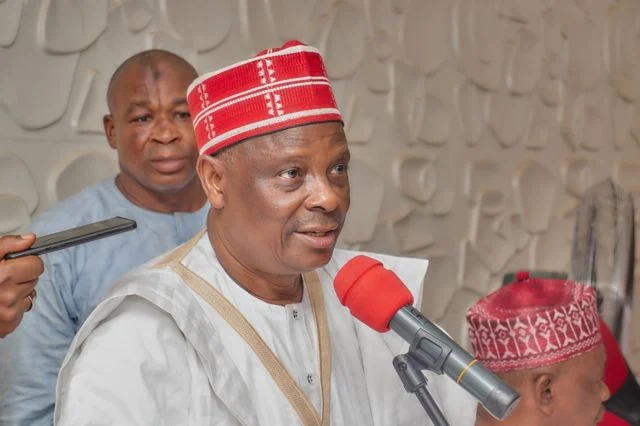BIG STORY
Key Points As President Tinubu Celebrates 25 Years Of Democracy With Promises, Tributes
-

 BIG STORY4 days ago
BIG STORY4 days agoDeji Ogunsakin Launches The Better Life Foundation, Donates Food And Cash Gifts To Widows In Ado-Ekiti
-

 BIG STORY4 days ago
BIG STORY4 days agoJUST IN: Oriyomi Hamzat, Queen Naomi, School Principal Remanded In Agodi Prison Over Ibadan Stampede
-

 BIG STORY4 days ago
BIG STORY4 days agoTinubu To Hold First Presidential Media Chat Tonight
-

 BIG STORY4 days ago
BIG STORY4 days agoTax Reforms Here To Stay, But I Don’t Mind Making Concessions — President Tinubu
-

 BIG STORY2 days ago
BIG STORY2 days agoAdron Homes Celebrates Christmas With Customers, Reaffirms Commitment To Bridging Nigeria’s Housing Deficit
-

 BIG STORY4 days ago
BIG STORY4 days agoNo Regrets Removing Subsidy, Tax Reform Will Go Ahead — President Tinubu
-

 BIG STORY5 days ago
BIG STORY5 days agoFederal Government Declares Public Holiday For Christmas, New Year Celebrations
-

 BIG STORY5 days ago
BIG STORY5 days agoPetrol To Sell At N935 Per Litre From Today — IPMAN

























